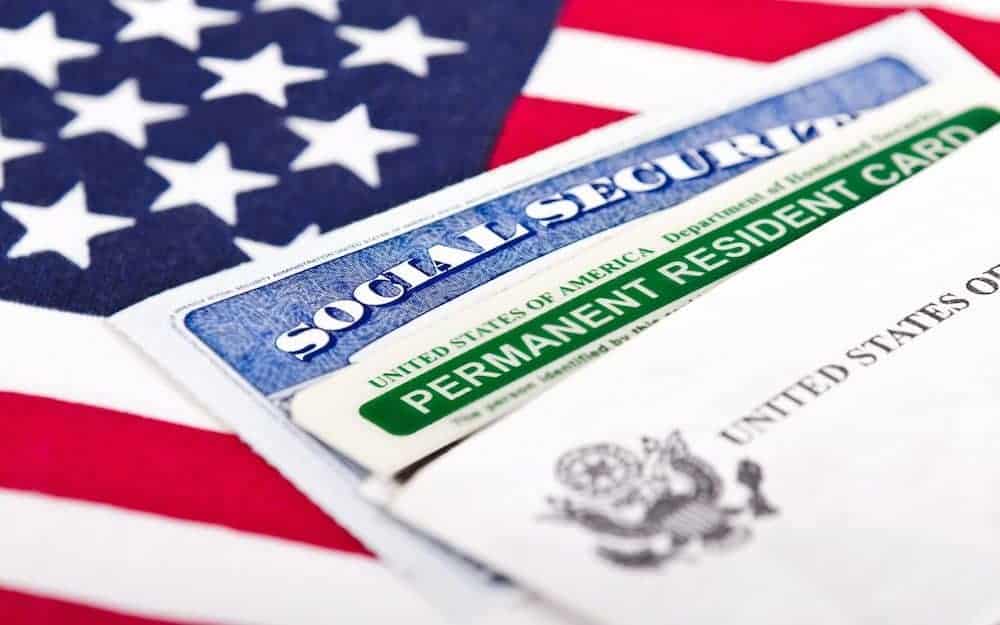In this week's Consulta Migratoria® column I answer a question from a reader who wishes to obtain permanent residency through an employer.
Each case is different and the answers vary depending on each person's immigration history.
Here I provide general answers to your questions. Please consult with an immigration attorney to receive personalized legal advice before starting any procedure.
I have been living in this country for 21 years. I entered with a visa and stayed. I have two children born here, my record is clean and I have paid my taxes. I work in a beauty salon and my boss wants to sponsor me. I did not apply for the 245i. Can I acquire my papers through my job? -Luis M.
Luis, you may be able to obtain permanent residency through work, if an employer wants to petition for you or for your children, if you meet all the necessary requirements.
Since your children were born here, they are U.S. citizens, and therefore, they could file a family petition on your behalf when they turn 21 years old.
Your children will have to send the U.S. Citizenship and Immigration Services (USCIS) evidence that they are citizens and that you are their parent.
If your children's family petition is approved, you could file an adjustment of status application with USCIS without paying a penalty because you entered the United States legally. The federal government would forgive you for the time you have lived and worked illegally in the country.
The process to obtain permanent residency through a job is more complicated because it has more requirements. For example, you will have to obtain sponsorship from a financially solvent employer, demonstrate that the employer has not been able to recruit qualified workers to fill the vacancythat you have the necessary experience to perform the job and that the employer will pay you the appropriate salary.
One possible obstacle you may have in being solicited by an employer is that you have lived illegally in the U.S. for more than one year and are not covered by law 245(i), which only exempts unlawful presence and work in the country under certain circumstances.
If you are not covered by 245(i), you will have to travel abroad to claim an immigrant visa that would allow you to return to the United States and obtain permanent residency upon admission to the country by a customs officer.
But when you leave the country, it triggers a 10-year penalty that will not allow you to return to the United States, unless you can obtain a pardon before leaving the country.
USCIS may approve your provisional pardon for unlawful presence if you demonstrate that you have a parent or spouse who is a U.S. citizen or permanent resident and that your relative would suffer extreme prejudice if you are not allowed to return to the country.
Please consult with an immigration attorney as soon as possible to evaluate your immigration options before beginning any immigration proceedings.
For more information and immigration tips, visit my website at Immigration Today.
Send your questions to preguntas@consultamigratoria.com. Include detailed information about your situation to better answer your questions.
Nelson A. Castillo, Esq. is an immigration attorney and author of La Tarjeta Verde: Cómo Obtener la Residencia Permanente en los Estados Unidos (Green Card: How to Obtain Permanent Residence in the United States). He is a former President of the Hispanic National Bar Association and the Westlake South Los Angeles Neighborhood Council. For information on how to consult with Dr. Castillo, click here. click here.
The purpose of this column is to provide general information. There can be no guarantee or prediction as to what will be the outcome of the information presented by Dr. Nelson A. Castillo. The information should not be taken as legal advice for any individual, case or situation. This column may be considered an advertisement under the Rules of Professional Conduct for attorneys in several states, including California and New York. Consult with an immigration attorney for personalized legal advice before beginning any immigration proceedings.

